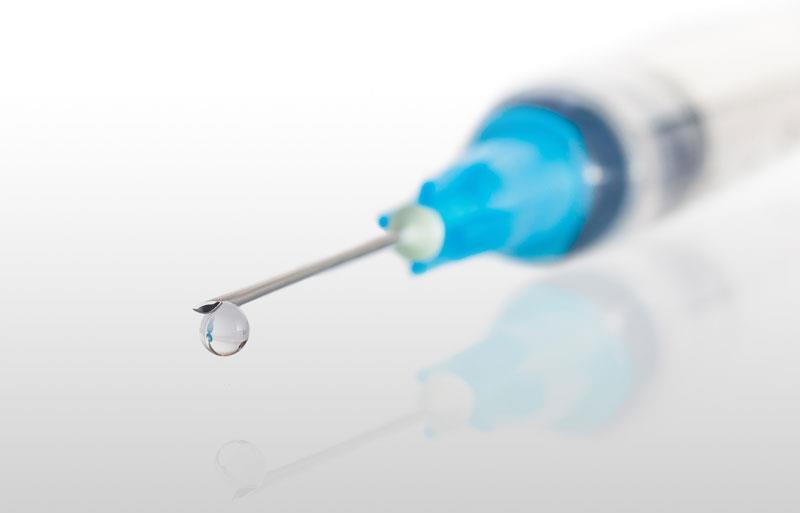
There are pertinent changes in the 2014 Philippine Expanded Program on Immunization (EPI), according to Dr. Cynthia Aguirre, pediatric consultant with The Medical City.
The schedule now includes both the pentavalent (hepatitis B-diphtheria-tetanus-whole cell pertussis-Haemophilus influenzae type b) and the Td (tetanus-diphtheria) combination vaccines. Aguirre said that the hepatitis B vaccine should be given at birth as a monovalent vaccine, with subsequent doses at 6, 10 and 14 weeks as part of the pentavalent combination vaccine. The oral polio vaccine is administered with the pentavalent vaccine.
Meanwhile, the Td vaccine and the second dose of MMR will be given to high school students enrolled in public schools in selected cities and provinces. In light of the measles outbreak, the measles vaccine may be given as early as 6 months of age.
Fully immunized pregnant adolescents should be given one dose of the tetanus-diphtheria-acellular pertussis (Tdap) combination vaccine after 20 weeks of gestation. Unimmunized pregnant adolescents should be given two doses of Td and one dose of Tdap, following a 0-1-6-month schedule.
Flu and pneumococccal vaccines
Aguirre further discussed that the influenza vaccine should be given to all children 6 months and older. Children 6 months to 8 years should be given two doses, at least 4 weeks apart, if receiving the vaccine for the first time. If only one dose was given during the previous influenza season, two doses should be given in the current year. Children aged 9 to 18 years should receive one dose annually, preferably between the months of February and June.
On the other hand, the pneumococcal vaccine, containing either ten or thirteen of the most common virulent strains of Streptococcus pneumoniae, is recommended for children starting 6 weeks of age. The primary vaccination series consists of three doses of pneumococcal conjugate vaccine (PCV), with a minimum interval of 4 weeks, plus a booster dose given 6 months after the third dose.
Healthy children aged 2 to 5 years with no previous PCV vaccination may be given one dose of PCV13 or two doses of PCV10, at least 8 weeks apart. However, PCV is not routinely recommended for children older than 5 years.
For high-risk children, such as those with anatomic or functional asplenia, human immunodeficiency virus infection, chronic lung, heart and renal diseases, cochlear implants or cerebral spinal fluid leaks, Aguirre noted that additional doses of pneumococcal vaccine are recommended after the primary series. Children 24 to 71 weeks old should be given one dose of PCV13 if three doses of PCV were given, or two doses of PCV13 given at least 8 weeks apart if less than three doses of PCV were given. Children aged 6 to 18 years with no previous doses of PCV should be given one dose of PCV13.
In addition, high-risk children aged 2 to 18 years old should receive one dose of pneumococcal polysaccharide vaccine (PPV) at least 8 weeks after the last dose of PCV, and a second dose of PPV 5 years later.
“We encourage everybody to support the massive immunization program which DOH started this February 3,” concluded Aguirre.